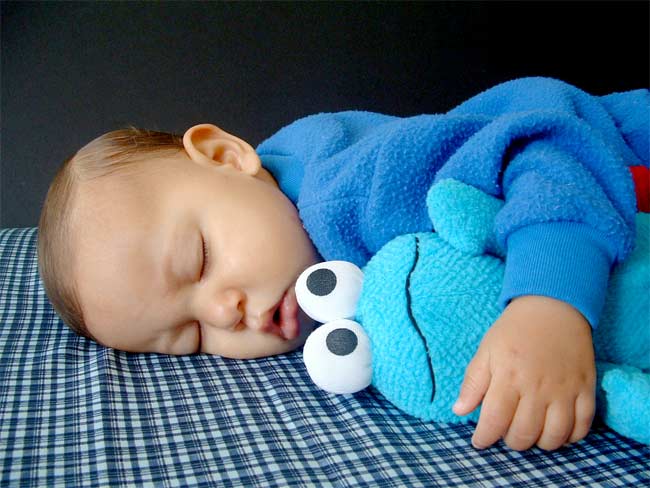The Infertility Paradox: Why Making Babies Is So Hard

The human male releases about 66 million sperm during each … encounter. If that act involves a woman with an egg waiting in her fallopian tubes, it's really a crapshoot as to whether one of those sperms fertilizes her egg and fathers a child; since it takes only one sperm to make a baby, there are 59,999,999 extras along for the ride.
And yet, many men with millions of sperm to spare are considered infertile; a "low" sperm count is anything under 20 million.
According to the National Institutes of Health, about 1 million men who are trying to conceive are infertile, and almost half have a mass of varicose veins in the testicle that impede the usual production of sperm. This week, researchers from the University in Bonn, Germany, announced that a minimally invasive procedure, in which tiny coils are inserted into the scrotum right next to the so-called vericocele to cut off blood supply to them, brings babies to 25 percent of the previously infertile men.
But still, testicles appear to be fragile, faulty machinery that no factory owner would tolerate.
Although we spend most of our adult life assuming that any sexual misstep results in a pregnancy, the truth is that conceiving a child is actually pretty difficult. Without birth control, women have only a 15 percent chance of conceiving every cycle, and more than half those conceptions naturally don't make it.
With those odds, it's a miracle that any of us are here.
More strange, you’d think that evolution would slam dunk reproductive organs into perfection. After all, making babies is the very heart of passing on genes. But no, it's actually pretty hard to win in the game of reproductive success.
Get the world’s most fascinating discoveries delivered straight to your inbox.
It's difficult for evolutionary biologists to even consider this paradox because we really don’t know much about why some people are more fertile than others. In fact, we don’t know all that much about what happens inside the deep dark recesses of the fallopian tubes and uterus; if we did, problems would be more easily fixed and rates of conception by "artificial" means would presumably be higher.
Statistics about natural fertility are also unreliable because citizens in western culture have had generations of birth control to mess up any statistician's spread sheet.
Notions about fertility are also skewed by how people report sex lives, knowledge of ovulation, use of birth control, regularity of periods, and even last missed period.
People, unfortunately, are very bad witnesses for their own bodies.
And then culture steps in and makes data gathering even harder. We keep our sexual history secret for all sorts of reasons, delay trying to conceive for all sorts of non-reproductive reasons, and decide, for no good reason, that two is now the acceptable number of children and so stop when we could pass along lots more genes.
Meanwhile, biology keeps chugging along, trying to get sperm and egg together and plant it in the uterine wall. The fact that humans don’t control this process well, that there are all sorts of unwanted conceptions and all sorts of wanted but not had conceptions, only shows that although Mother Nature might not be efficient in this realm, she still has the upper hand.
- Video: Aspirin and Sex Drive
- The History and Future of Birth Control
- The Sex Quiz
Meredith F. Small is an anthropologist at Cornell University. She is also the author of "Our Babies, Ourselves; How Biology and Culture Shape the Way We Parent" (link) and "The Culture of Our Discontent; Beyond the Medical Model of Mental Illness" (link).
 Live Science Plus
Live Science Plus





